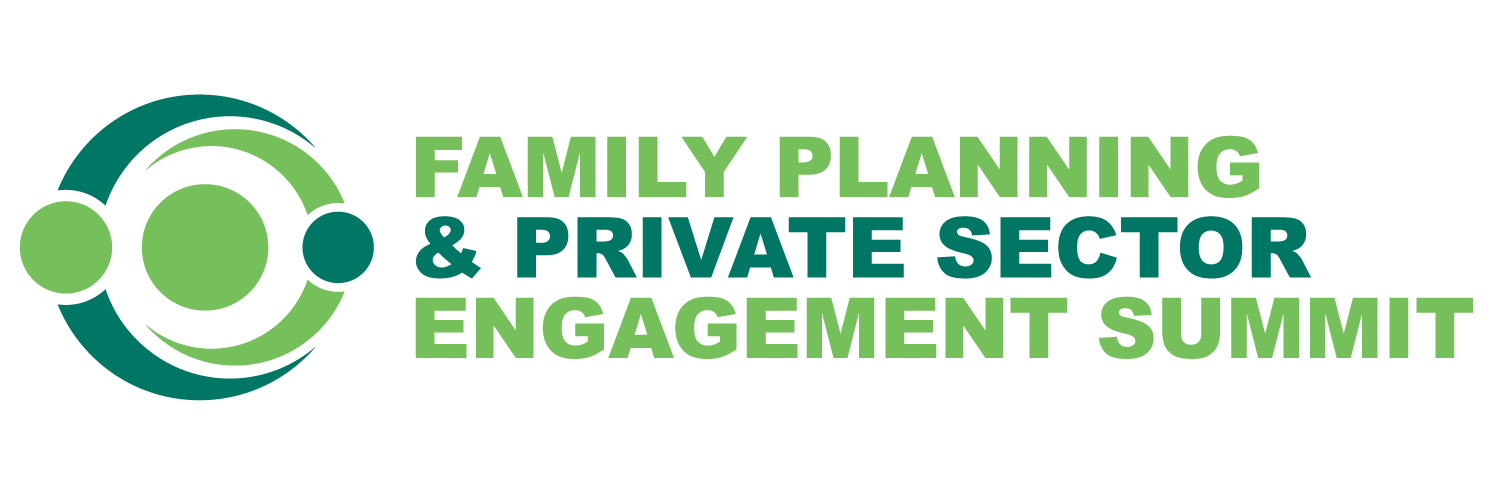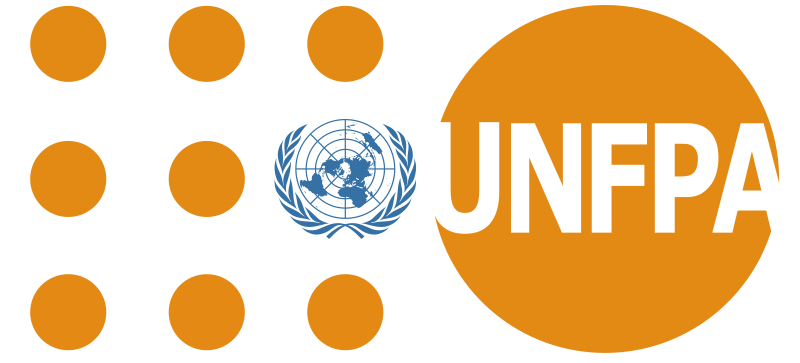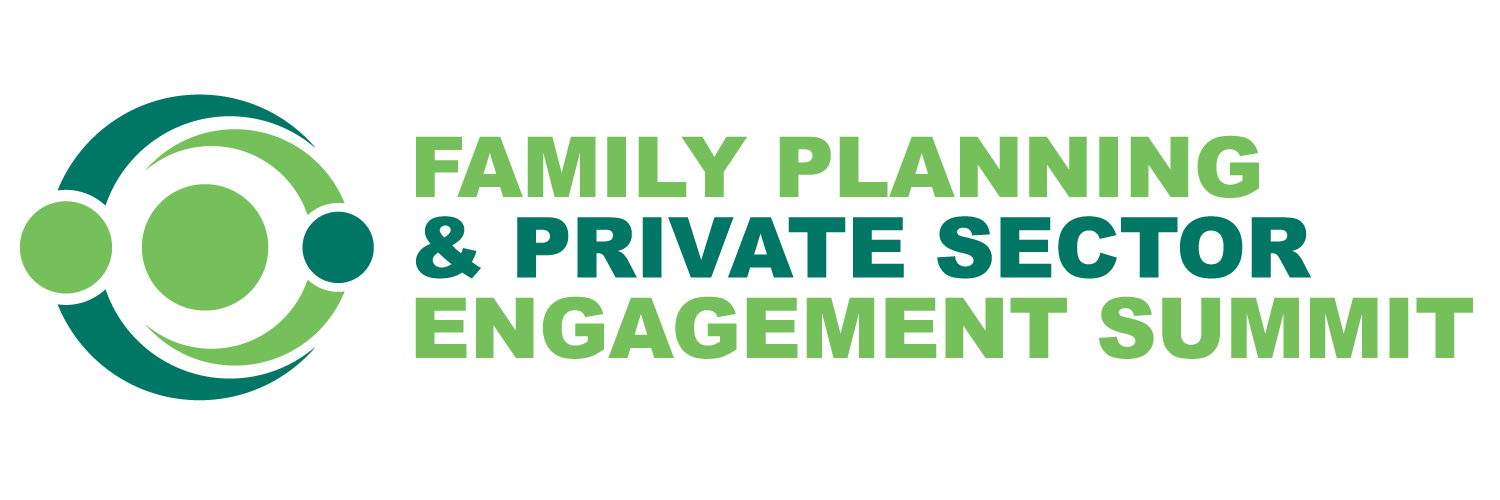- Can you introduce your team and share what inspired you to participate in the family planning hackathon?
At Alliance for Healthy Africa (AHA), we are a group of passionate individuals dedicated to enriching the lives of Africans through innovation, research and development, and advocacy to create sustainable healthcare solutions. In 2024, we realigned our strategic plans with concerted efforts towards reproductive health and family planning for different population groups, and this was the first kind of overlap with the family planning hackathon in 2023.
Our team comprises pharmacists, health researchers, a human-centred design expert, a product developer, data analysts and public healthcare providers. We are proficient in developing and scaling health education tools, health innovations and community-led projects in partnership with a wide spectrum of target beneficiaries, including young people, parents, teachers, communities, and providers in making healthy reproductive and economic choices.
When we came across the call for ideas submission for the family planning hackathon, there was a strong alignment with our strategic plans, and we were confident in our team’s abilities to come up with a tangible solution despite the short turnaround time. Also, we saw the hackathon as an opportunity to put our name out there among the “top guys” like Hacey Institute and Microsoft for future partnerships. Despite accreditation issues during the semi-final stages in Lagos, we were clear and outspoken about wanting to participate because we knew what we were bringing up to the judges. Thank God we did!
- How does PlanWise address the challenges in family planning?
Our focus with PlanWise was to increase knowledge, access, and quality of family planning information and services among young people in Nigeria through a combination of in-person channels and digital technology. After a series of interview rounds with young people, we prototyped PlanWise.
PlanWise is a holistic digital platform with an “all you need” knowledge hub, virtual shop, community of exchange and linkage to care for reproductive health services. PlanWise aimed to reach young people at scale by providing
- accurate, private, trusted information to make informed choices.
- Streamlined and decentralized access to family planning products and services.
- Targeted family planning packages based on social income.
PlanWise would also create demand for the digital platform through the “Bingwa Initiative.” Bingwa, in Swahili, means “champion,” and this would involve a massive youth mobilization across local government areas using various demand generation models to raise awareness of family planning and the digital platform.
- What makes PlanWise unique compared to existing solutions?
Family planning in Nigeria is often seen as a service meant for older adults, with little attention to young people. PlanWise aims to target this demographic, which is often excluded from the design of family planning services. One reason youth is so important is that the current youth are the ones who will live the longest with the consequences of the policies and actions implemented today.
With PlanWise, we have taken the initiative to generate evidence on the best practices for young people and used that evidence to prototype a holistic digital platform by young people for young people.
We carried out interviews with young people to map the needs, preferences, and behaviours of young people for sexual health information and services. Findings from this study, representing a heterogeneous sample of youth, will be transformative for the family planning sector to make the case that youth-driven family planning information and services are essential.
- What were some of the biggest challenges you faced during the development process, and how did you overcome them?
We faced numerous challenges during the conceptualization phase of PlanWise. Initially, we really wanted to generate our own data through interviews and focus-group discussions with young people and other key stakeholders. However, we needed IRB approval to conduct such qualitative studies. It takes at least 1-2 months to get the approval, and we didn’t have the time. We had to send out an anonymous survey with no identifiers (no socio-demographic questions) to just a few young people with the questions. We encouraged them to answer as if we were speaking.
Also, the entire prototyping of PlanWise was done with the human resources we had within the team, and this limited our vision for the project. With adequate financial resources, we would have used better to tools to develop the prototype and even version 1 of PlanWise.
- Who is your target audience, and what impact do you hope your product will have on family planning practices?
Our primary beneficiaries are Nigerian youths aged 18–35, who represent a diverse representation of rural and urban areas, digital access, sexuality, gender, socio-economic status, and disability status. Our target population is made up of young, sexually curious, and active youths. Secondary research revealed that Nigerian youths within this age group face significant barriers to accessing critical information and services. More specifically, females, younger adults, and LGBTQI+ youth experience disparities in access and health outcomes and fear stigma and discrimination from providers.
With PlanWise, we hope to create a stigma-free innovative model that improves access to sexual and reproductive health information and services and is tailored to address the unique needs of adolescents and young adults in Nigeria. This would help put engaging, evidence-based sexual health information and services, including family planning, into the hands of young people.
- How did you validate the need for your product within the community or target audience?
Through human-centred design, we worked with Nigerian youths to understand the root cause of SRH problems among these groups without making assumptions. We conducted intercepts and in-depth interviews with diverse young people and expert stakeholders to further understand young people’s needs, wants, barriers, and frustrations with sexual and reproductive health. Data from the design research helped to validate the need for PlanWise among young people.
- What lessons did you learn from participating in the hackathon, and how will they influence your future projects?
The hackathon provided insights into the real, pressing challenges in family planning. A deeper understanding of the hackathon will help our team to iterate on our existing ideas and to design interventions that address specific barriers faced by individuals and communities, ensuring solutions are relevant and effective.
Also, limited resources during the hackathon period required our team to be resourceful and make the most of what was available. This is a very valuable lesson for us because of the limited budget allocation to family planning at the government level. We have started thinking of private sector engagement and utilizing existing systems to incorporate our intervention.
- What advice would you give to other innovators or teams looking to address challenges in family planning?
Our first advice is to understand the cultural, social, and economic context of the target population. Make sure you engage with local communities, stakeholders, and experts to gain insights into their needs and challenges. After this phase, unpack all the data and develop solutions based on the needs and feedback of end-users. Involve them in the design process to ensure the solutions are relevant and effective.
In addition, family planning and contraception are culturally sensitive issues. It is your job to be aware of and respect cultural beliefs and practices related to family planning. Engage with community leaders to foster acceptance and support.
- What are your future plans for the product, and how can people support or get involved with your project?
We are currently seeking funding to build version 1 of PlanWise, which will then undergo iteration and an initial 3-month pilot with young people. If you would like to support or collaborate, reach out to [email protected]




